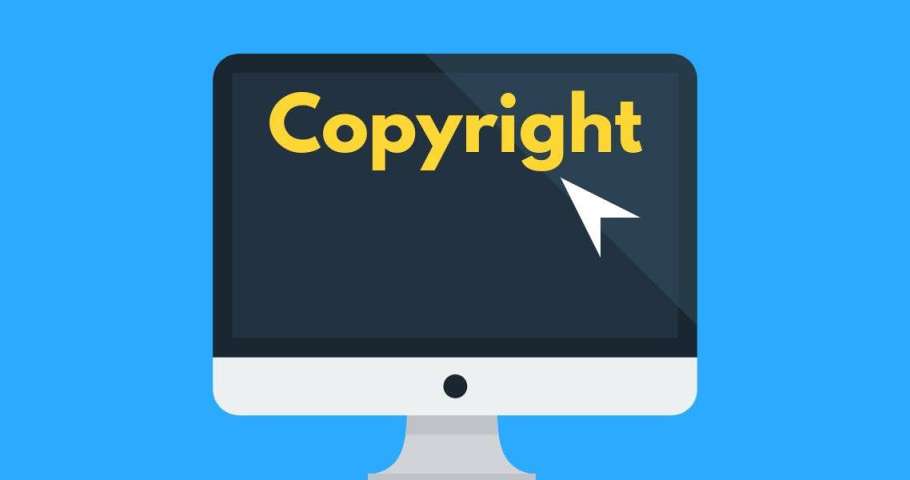The concept of fair dealing is statutorily entrenched in Section 52 of the Copyright Act, 1957. What fair dealing does is that it permits certain acts with respect to copyrighted works, which otherwise would have constituted as infringement. The concept of fair dealing found in the UK copyright law as well as the Indian copyright law, is much more restrictive that its US counterpart, fair use. While the Indian law provides a specific list of fair dealing acts and purposes,…






